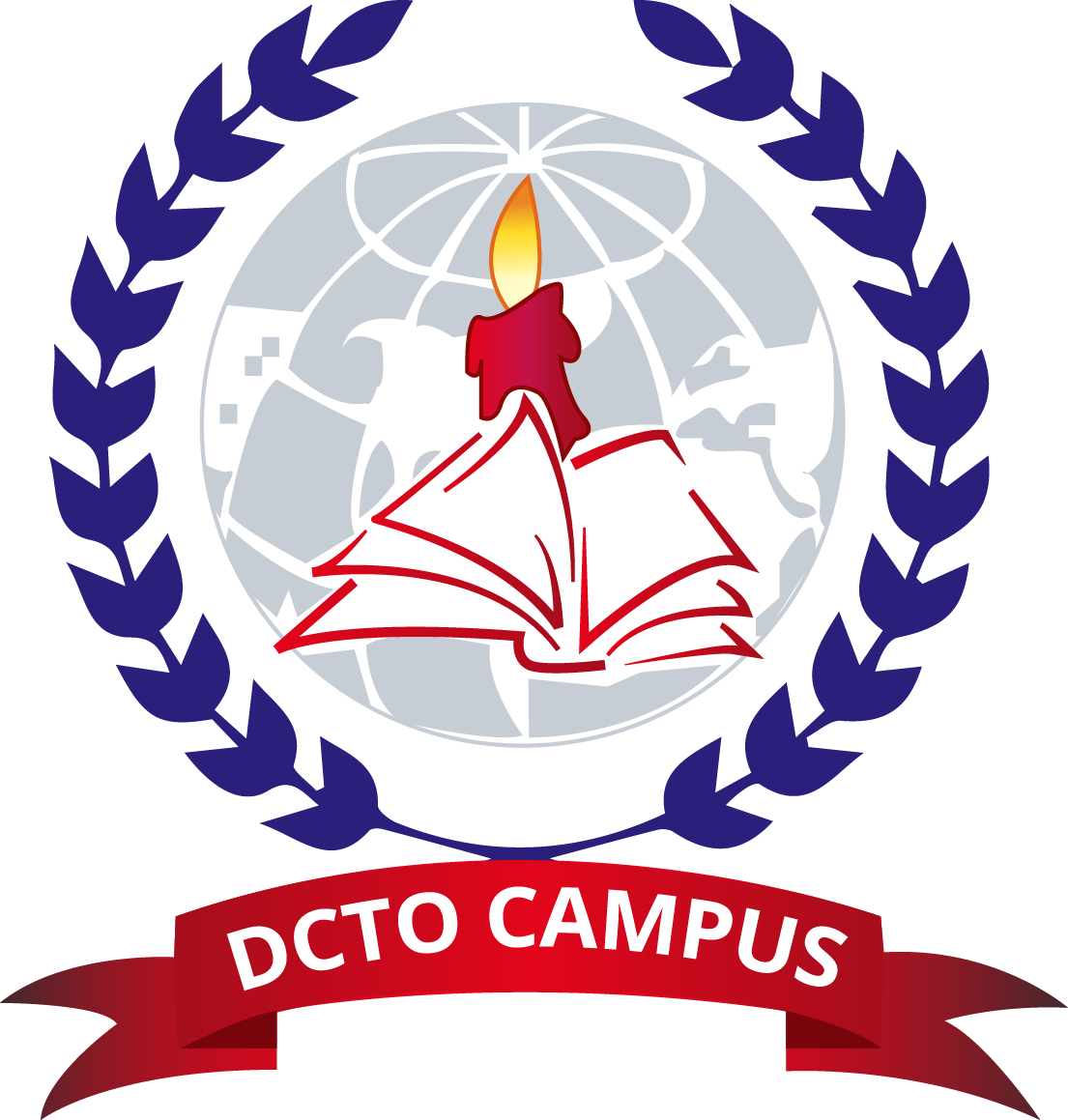Practical Organization Strategies for Research Work
Effective Productivity Strategies for Academic Success
Completing a thesis is not just an educational milestone—it is a major challenge that demands discipline. One of the biggest difficulties faced by researchers is time management. Without a systematic approach, even the most hardworking student can feel lost. This article explores effective strategies to organize tasks while working on your dissertation.
1. Set a Clear Timeline
A thesis is usually months in the making. Without a timeline, it’s easy to get stuck. Break your Ignou project sample [https://github.com/krismartin121/ignousynopsis/blob/main/README.md] into achievable milestones—such as choosing a topic, conducting literature review, collecting data, writing chapters, and editing. Assign time limits to each stage. A timeline helps you track progress.
2. Focus on Tasks
Not every task carries the same importance. Some activities, such as defining research questions, are essential, while others, like minor editing, can be done later. Use the priority system to sort tasks into urgent vs. important. This prevents you from wasting time on less important tasks.
3. Follow a Regular Writing Routine
Consistency is vital. Instead of waiting for the right moment, set aside dedicated writing time each day or week. Even working for two hours daily adds up to a completed dissertation over time. By building a habit, writing becomes easier.
4. Avoid Procrastination
Procrastination is the most common enemy of dissertation writing. Many students wait until deadlines, which results in panic. Use techniques like the Pomodoro method to stay focused. Break big tasks into bite-sized steps so they feel easier to start.
5. Leverage Apps
In today’s digital age, there are numerous tools to assist with time management. Examples include:
- Trello for scheduling
- Hemingway for editing
- Mendeley for citation management
- Outlook for planning
These tools save time by automating repetitive tasks.
6. Break Down Work into Milestones
A dissertation can feel overwhelming if you see it as a giant task. Instead, split it into smaller, achievable goals. For example, instead of “write chapter 2,” aim for “write 500 words on the introduction of chapter 2.” Reaching small goals creates a sense of accomplishment that pushes you forward.
7. Maintain Work and Rest
Many students believe working without breaks will help them finish faster. In reality, mental fatigue weakens performance. Take pauses between tasks. Use the 25/5 system to refresh your mind. Exercise, meditation, and adequate sleep are also essential for maintaining clarity.
8. Seek Support and Accountability
Working on a dissertation can feel lonely. Create an study group. Share your goals with friends, family, or supervisors. Having someone to track your progress can keep you consistent. Joining academic forums or peer writing groups also provides community.
9. Learn to Say No
One of the hidden obstacles in dissertation writing is outside responsibilities. Many students take on too much, leaving little time for research. Learning to prioritize your dissertation is vital. Politely decline non-essential activities during writing periods to remain disciplined.
10. Reflect on Your Progress Regularly
Time management is not rigid. Review your progress weekly. Ask: What’s delaying me? Flexibility ensures that you adjust to unexpected challenges such as data collection issues. Regular reviews help you realign.
Closing Words
Managing time for a dissertation is difficult, but with commitment and the strategies outlined above, it becomes achievable. Remember, the purpose is not just to finish on time, but to produce a credible dissertation. By breaking work into steps, you will maintain progress. Effective time management is the secret to completing your dissertation with confidence.
